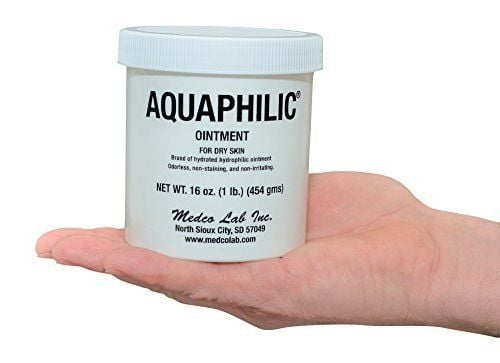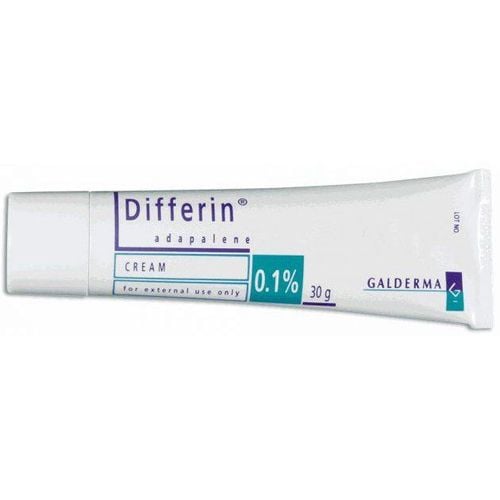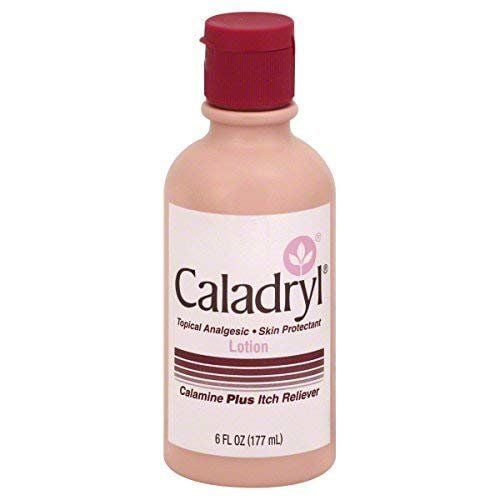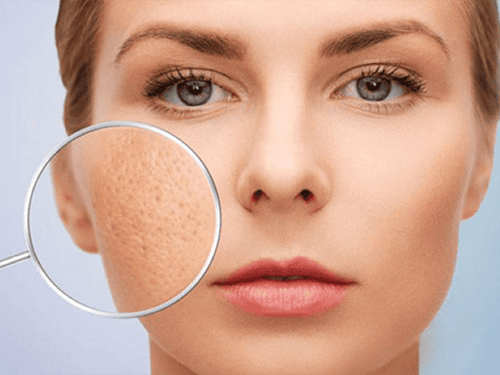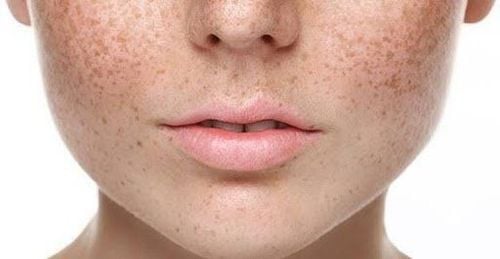This is an automatically translated article.
Retinol is often considered a panacea for skincare believers. However, besides the miraculous uses, the notoriety of retinol also makes many people afraid. So how to use retinol safely and bring the highest efficiency?
1. What is retinol?
Retinol is a derivative of vitamin A, belonging to the retinoid group. Retinol is commonly used in over-the-counter (OTC) skin care products to treat acne and wrinkles. Retinol works by neutralizing free radicals present in the skin. These free radicals are what cause collagen damage. There are many other derivatives in the retinoid group, such as tretinoin, which is commonly found in prescription products. Tretinoin is more active than retinol, which is why products containing it are usually only available by prescription. They are also commonly used to treat severe acne that has not responded to other treatments.
2. How does retinol work?
Retinol has long been considered the panacea of many skincare believers thanks to its many great uses:
Retinol promotes cell growth and regeneration It has the ability to treat acne and is considered a lifesaver. wings in the treatment of severe or stubborn acne. Retinol helps speed up cell turnover to keep pores clear and unclogged which in turn helps reduce acne Retinol can also fade hyperpigmentation and red spots. It can also smooth your skin and promote a more even skin tone. It can also prevent collagen breakdown, promoting increased collagen production in the dermis to provide anti-aging benefits. Collagen is an important ingredient that helps increase skin moisture and elasticity. Retinol also has the ability to prevent signs of aging and sun damage
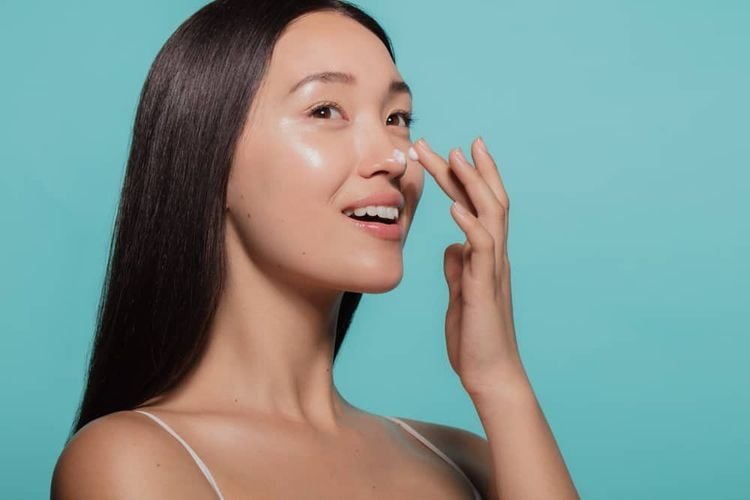
Retinol có nhiều công dụng khác nhau nhưng cách dùng retinol cần chính xác
3. Is retinol safe?
While your skin is adjusting to the retinol, you may experience some side effects including redness, irritation, peeling, stinging or peeling. However, they will usually be quite mild and subside after 2 to 3 weeks of use.
In fact, there are some subjects that should not use retinol regularly or even at all. According to the American Academy of Dermatology, people with skin allergies, eczema, or rosacea should not use retinol too often. Retinol helps speed up cell turnover. While this helps treat and reduce acne, scarring or hyperpigmentation, it also causes dryness and flaking of the skin. So, if you have skin problems, you should consult your doctor before trying retinol. Of particular note is that pregnant women should avoid retinol. Using vitamin A in pregnant women can be harmful and increase the risk of birth defects.
4. How to choose the right retinol product
First, you'll have to find a product that's right for your skin. If this is your first time trying a retinol, start with a product with a very low concentration of retinol, like 0.1 to 0.25%. Differin may be a good choice. It used to be sold by prescription only, but now you can easily get it without a prescription and it's relatively gentle on all skin types. If you're ready to move on to a higher concentration, try 0.5% retinol. When taking retinol, it's important to use sunscreen before going outside, as retinol can make your skin more sensitive to the sun.
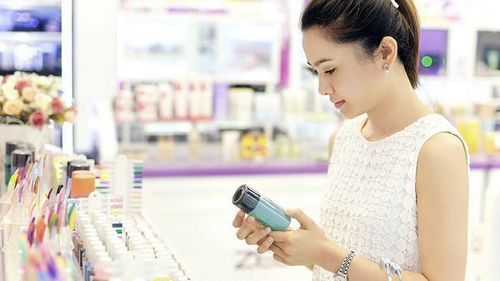
Sử dụng retinol thế nào và lựa chọn như thế nào là thắc mắc của rất nhiều chị em
5. How to use retinol in your skin care routine
You can start retinol by using it at night, several times a week. Here's how to start incorporating retinol into your daily skincare routine:
Wash your face and wait until it's completely dry. Some products may work better when applied to damp skin, but with retinol, moist skin can increase irritation. Take a pea-sized amount of retinol product. Start applying from the chin in an upward and outward direction. Apply evenly to the face, but be careful to avoid the eye and mouth area Next, you can apply skin care products such as serum or cream. Because retinol can cause dryness, it's a good idea to use an effective moisturizer to help keep skin moisturized and protect the skin's barrier. Finally, don't forget to apply sunscreen if you use retinol during the day. Consult a dermatologist before using a retinol if you are using any other topical acne treatments. In general, retinol is incompatible with vitamin C or hydroxy acids, as those ingredients can also cause skin irritation. On the other hand, retinol products are great for pairing with moisturizers or products that include hyaluronic acid or niacinamide.
6. How long does it take to use retinol to be effective?
To see improvement after taking retinol you need to be patient. Typically, it can take at least 3 to 6 months (and sometimes longer) to see results with over-the-counter products, while prescription retinol products usually work a little faster. It can be frustrating at times, but don't give up because using retinol is a long-term game.
Retinol is a miracle skin care ingredient. Patiently using them is the key to repelling signs of damage, aging, keeping skin youthful, smooth, full of vitality.
Please dial HOTLINE for more information or register for an appointment HERE. Download MyVinmec app to make appointments faster and to manage your bookings easily.
Reference source: healthline.com



